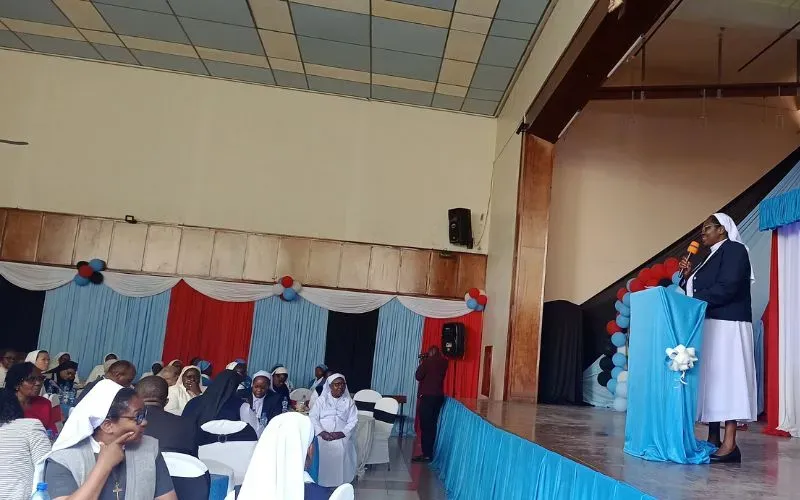Nairobi, 01 November, 2024 / 10:56 am (ACI Africa).
Faith-based organizations can transform their social ministries from challenging enterprises into sustainable ones through partnerships, designing and implementing “business” models, realizing a diverse “revenue streams” and ensuring strategic monitoring and evaluation, the Chairperson of the Association of Sisterhoods in Kenya (AOSK) has said.
In her keynote address at the Regional Social Entrepreneurship Research Symposium realized on Thursday, October 31 under the theme, “Transforming Social Ministries to Sustainable Social Enterprises”, Sr. Josephine Kangogo challenged Institutes of Consecrated Life and Societies of Apostolic Life (ICLSAL) to consider the outlined strategies if they have to achieve their respective sustainable goals, including self-reliance.
Partnerships have proved successful in transforming social ministries that ICLSAL undertake into sustainable social enterprises, Sr. Kangogo said at the Symposium that the Kenya-based Strathmore University Business School organized.
The Kenyan member of the Religious Institute of the Daughters of the Sacred Heart (DSH), where she serves as Provincial Superior of the Eastern Africa Province added, “As we seek these partnerships, we, as faith-based organizations, need to align our goals, values, and organizations with those of our partners.”
“We should consider the complementary resources and expertise we can gain from partners and evaluate their reputation and track record, as not every funder or donor shares the same values,” the AOSK Chairperson further said.





